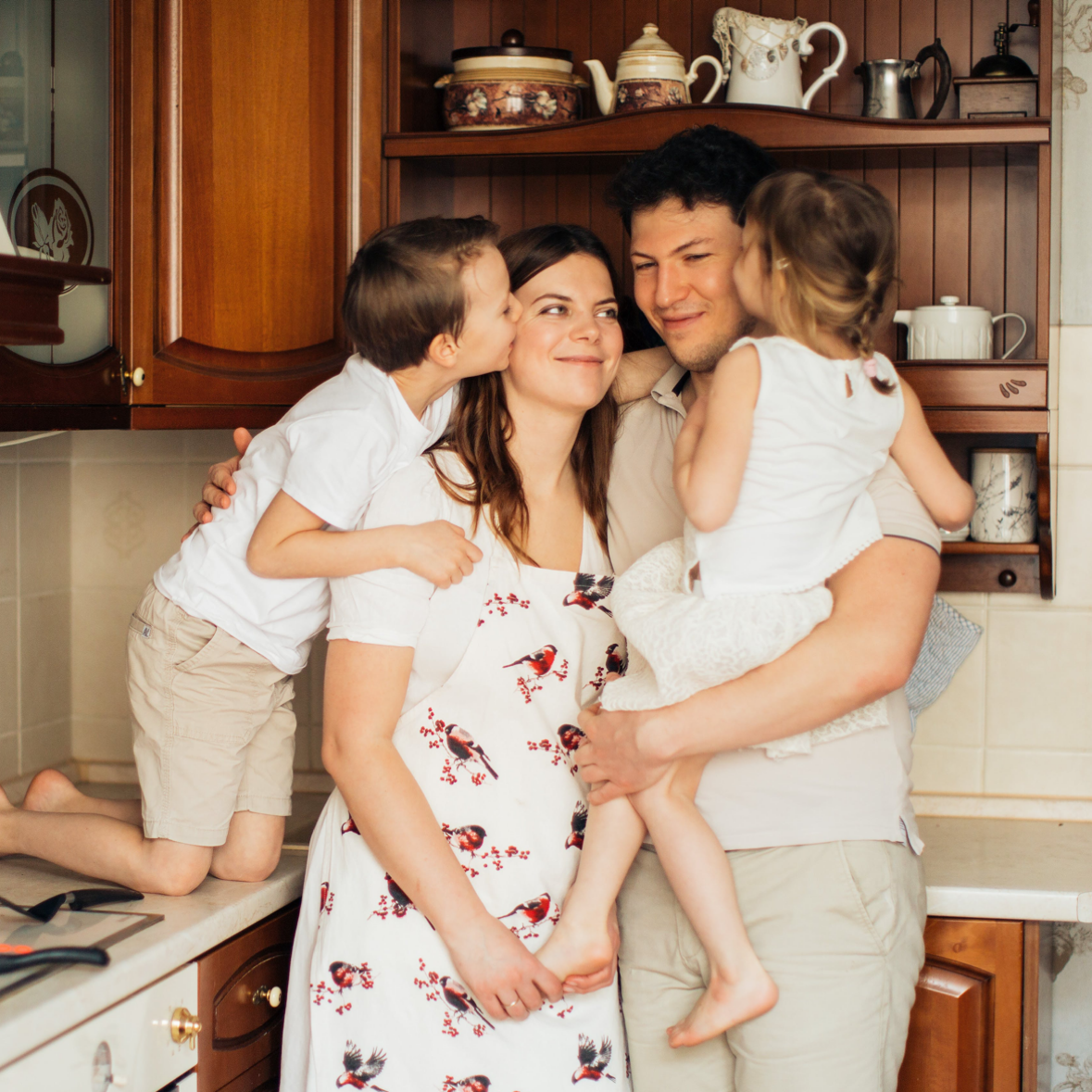
Listen, before we start this article, would you mind getting up and grabbing me a sandwich? Liverwurst and onion on rye, with a little bit of that fancy mustard…?
If you even thought about saying “yes” to that request—or if you find yourself often saying “yes” to things you later wish you hadn’t—then you need to keep reading, because we’re going to talk about how to say “no” when you need to…without the guilt.
How to Know When to Say No
Most of us don’t like telling people “no” when they ask for our help. We humans are wired to cooperate with one another, after all. In general, we want to be helpful!
But the reality is, it’s not always good to say “yes.” For one thing, if we said “yes” to everything that was asked of us, we wouldn’t have time to fulfill our primary responsibilities in life. And sometimes, saying “yes” to someone causes more harm than good. Consider these examples:
- After taking her kindergartener to his classroom, Sandy gets stopped in the hallway by the president of the PTA, who begs her to help coordinate the fall fundraiser. Sandy feels pressured to agree, despite already having a full plate. As she drives away, she finds herself fuming with resentment and frustration.
- Jenny doesn’t want to alienate her adult son, so she frequently agrees to his requests for help, even though he has a serious drug addiction. When she refuses his requests, he accuses her of “rejecting” him, so she keeps helping—even though his situation keeps getting worse.
The hard truth is that sometimes it’s more generous and loving to say “no” to someone, even when it makes us feel uncomfortable or makes the other person feel let down.
And that’s the key to knowing when to say “no,” says Dr. Greg Popcak, founder and executive director of the Pastoral Solutions Institute. Instead of basing your response on how we feel (guilty, empathetic, pressured), focus instead on the more objective question of what kind of response will lead to the best outcome for both you and the other person.
“When somebody’s asking something of us, especially when they’re pressuring us, the question to ask ourselves isn’t, ‘Do I feel like doing this or not?’ Or even, ‘Would they be upset with me or not?’” Dr. Popcak said recently on the More2Life radio show. “The question to ask ourselves is, ‘Is there a way to say “yes” to this request that is good both for me and the other person?”
By basing your answer on an objective assessment of what is going to be good for both you and the other person—rather than on the shifting sands of emotion—you set yourself up to resist pressure and shed feelings of guilt.
Even better, your answer is grounded in genuine love for the other person. Prior to becoming Pope John Paul II, Karol Wojtyła wrote a book titled Love and Responsibility. In that book, he argues that Christians are not only called to love, but to love in a way that actually achieves the good of the other person.
Rachael Isaac, a pastoral counselor at the Pastoral Solutions Institute, encourages clients to evaluate decisions by checking three key indicators of well-being: “I always ask my clients, ‘What is going to lead towards greater meaningfulness, intimacy, and virtue in your life?’” she says.
If saying “yes” creates resentment and burnout, it’s not the most generous response: “It doesn’t allow us to work for their good or ours if saying yes breeds resentment or frustration.”
Another Option: The Qualified Yes
It’s good to remember that there’s often a third option besides “yes” and “no,” says Lisa Popcak, vice president of the Pastoral Solutions Institute and a certified family life coach. She calls it the “qualified yes.”
A qualified yes involves saying “yes” to the what of the request, but placing conditions on the how and when.
In the example above, Sandy might tell the PTA president, “I’d love to help out, but the only time I have available in my schedule right now is Monday afternoons from 2 to 3:30. Is there another job I could do that would fit in that time slot?”
In the second example, Jenny might say to her son, “I love you and I want to help you, but I can’t help you harm yourself. When you’re ready to enter a treatment program, I’d be happy to pay for it.”
“You’re attempting to meet their need,” Lisa Popcak says, “but it’s within the boundaries of what will work for you without demeaning you, diminishing you, leaving you exhausted, or distracting you from all the other responsibilities that God has given to you.”
Let Your Yes Mean Yes…
Christians should remember that even Jesus said “no” sometimes, said Andy Proctor, another pastoral counselor at the Pastoral Solutions Institute.
“Jesus certainly said ‘no,’ sometimes forcibly, sometimes even to those closest to him,” he said. Delivered with prudence and humility, “no” might be what the other person really needs to hear, he added.
And if you need any more encouragement, just remember that Jesus himself calls us to clarity and integrity of heart in the commitments we make to others: “Let your ‘Yes’ mean ‘Yes,’ and your ‘No’ mean ‘No.’ Anything more is from the evil one,” he says (Matthew 5:37).
For more advice from Dr. Greg and Lisa Popcak, tune in to the More2Life radio show every weekday between 10 and 11:00 a.m. Eastern Time, or catch it on your favorite podcast app. And if you need more help setting healthy boundaries in your life, you can connect with the Catholic counselors at the Pastoral Solutions Institute at CatholicCounselors.com.

















